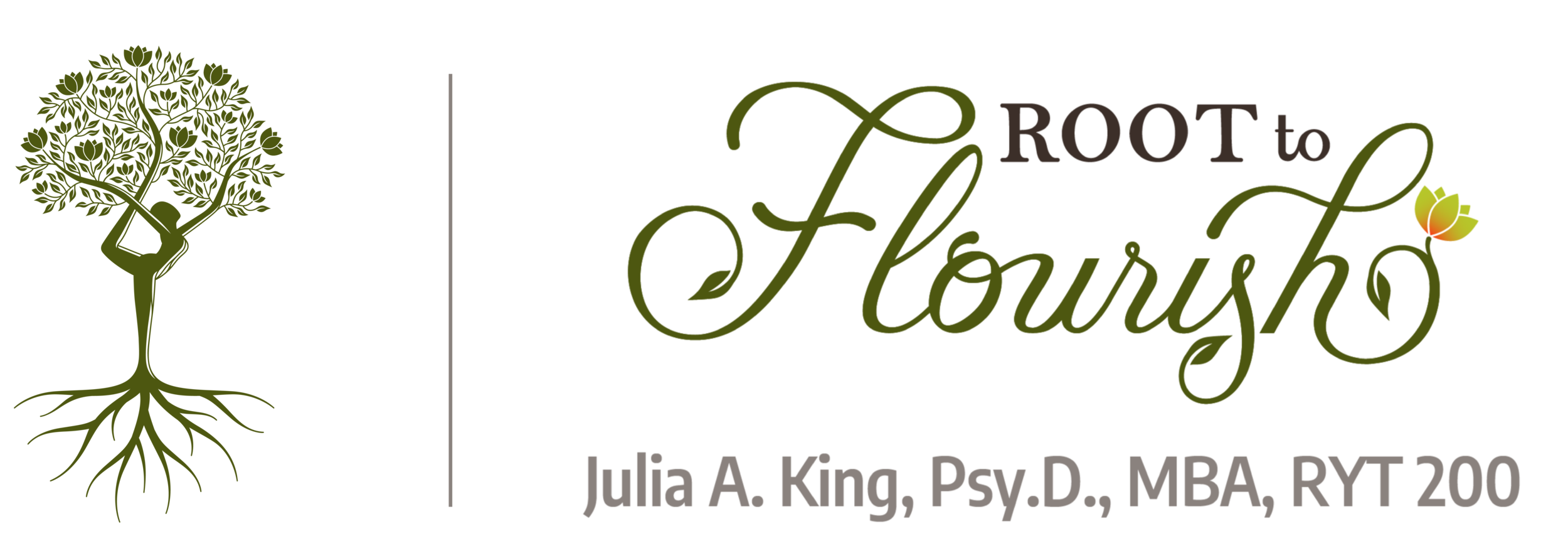RTF Reads: ‘The Comfort Crisis’ by Michael Easter
This is a ‘Root to Flourish READS’ post, a series offering book recommendations. It’ll always be a book I’ve read and loved, and a book I believe can be beneficial in enhancing emotional wellbeing!
What is it about?
The Comfort Crisis: Embrace Discomfort to Reclaim Your Wild, Happy, Healthy Self by Michael Easter asks the question: why, if we’re the most comfortable we’ve ever been, are we so unhappy?
In the book, Easter details his own forays into discomfort - on a five-week hunting trip in the Alaskan backcountry, being bored, carrying heavy things, being hungry, and confronting his finitude (a topic you’ll know I dig if you’ve been following along and read Oliver Burkeman’s Four Thousand Weeks).
He presents the premise - that is scientifically supported, and a large part of the work I do with clients - that discomfort is required for health and happiness, and to “perhaps even help us understand what it means to be human.”
Why I love it
I love data driven books. And, I found this book to be incredibly informative, with data to support the ideas within.
But it’s not dry. It’s a great read. It’s engaging and interesting, and Easter weaves the data into the course of the stories he’s telling, both of his own experiences, and those of others.
I also found it inspirational. While I’m not going to go so far as to spend five weeks in the Alaskan backcountry, I found it easy to apply the principles Easter is presenting to my own life.
This book helped me understand why I feel more alive, more appreciative and grateful, more aware, less caught up in my own thoughts, and more engaged in the present moment when I challenge myself to do something novel and new, something challenging, and something out of my comfort zone.
And, this book may, too, help you find your edges.
How might it enhance emotional wellbeing?
Easter’s message is so important, especially now.
He explores whether “our sheltered, temperature-controlled, overfed, underchallenged lives” could be “the leading cause of many of our most urgent physical and mental health issues.”
It reminds me of a similar message, offered up by Boyd Varty, in ‘The Lion Tracker’s Guide to Life’, when he opines that “one of the great dangers of my life would be to live without danger … in our encounters with the edges we come to know ourselves more deeply.” Varty further posits that “neurosis is a substitute for real suffering” and that “fearfulness is the most common state in a life that asks for no real courage.”
Every week I have the privilege of exploring these very questions with my clients. I specialize in treating anxiety, a condition in which many non-threatening things are labeled by the nervous system as threats. And, in our modern world, largely absent of true threats to our life, things like happy hours, e-mails, difficult conversations, and other such situations are labeled as threats.
Easter’s book underscores a very important discussion I have with each and every client: why we do, in fact, want to voluntarily choose to be uncomfortable:
because it enriches our lives,
because it prevents our lives from becoming small, limited, and unfulfilling,
because seeking and embracing discomfort allows us to build very important skills for life, including distress tolerance, emotional regulation, and the tolerance of uncertainty, and
because, perhaps, we’re not truly living unless we step out of those awfully cozy comfort zones.
What next?
Grab it from the public library!
Pick it for your next book club read!
If you want to buy the book, you can find it here on Bookshop.org, a site that allows you to purchase books from independent local bookstores. It’s also available on Audible, read by the author.
If you read the book, let me know! I’d love to hear your thoughts! I read and respond to every message (yes, really!).
And, if you want more, be sure to subscribe!

